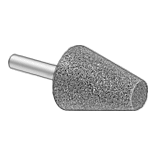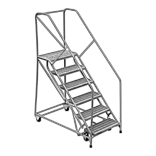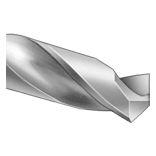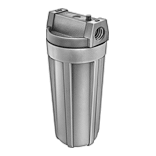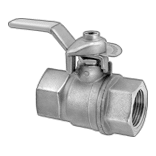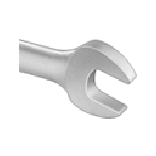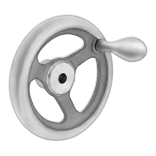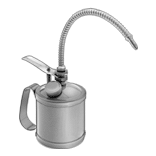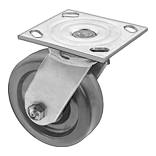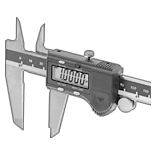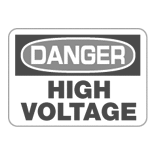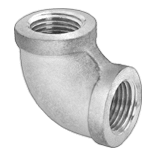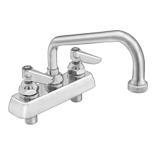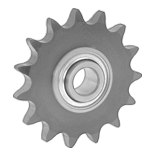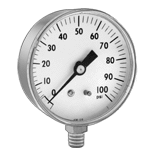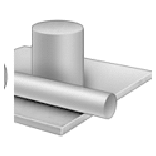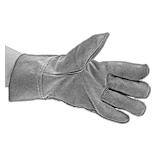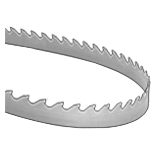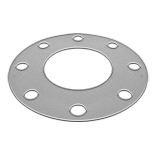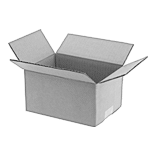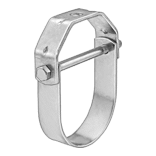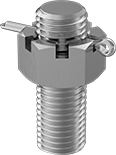Filter by
System of Measurement
Thread Size
Hex Nut Profile
Locking Type
Fastener Strength Grade/Class
Performance
Thread Type
Material
Thread Direction
Thread Spacing
DFARS Specialty Metals
Sold As
Export Control Classification Number (ECCN)
Drive Style
Color
Nylon-Insert Locknuts
 |
High-Strength Steel
Thin-Profile Nylon-Insert Locknuts
Thin-Heavy-Profile Nylon-Insert Locknuts
 |
High-Strength Steel
Thread Size | Wd. | Ht. | Fastener Strength Grade/Class | Insert Max. Temp., ° F | Each | ||||||||||||||||||||||||||||||||||||||||||||||||||||||||||||||||||||||||||||||||||||||||||||||
|---|---|---|---|---|---|---|---|---|---|---|---|---|---|---|---|---|---|---|---|---|---|---|---|---|---|---|---|---|---|---|---|---|---|---|---|---|---|---|---|---|---|---|---|---|---|---|---|---|---|---|---|---|---|---|---|---|---|---|---|---|---|---|---|---|---|---|---|---|---|---|---|---|---|---|---|---|---|---|---|---|---|---|---|---|---|---|---|---|---|---|---|---|---|---|---|---|---|---|---|
Black-Phosphate-Coated Steel | |||||||||||||||||||||||||||||||||||||||||||||||||||||||||||||||||||||||||||||||||||||||||||||||||||
| 1 1/2"-12 | 2 3/8" | 1 5/16" | ASTM Grade C | 250 | 000000000 | 000000 | |||||||||||||||||||||||||||||||||||||||||||||||||||||||||||||||||||||||||||||||||||||||||||||
Locknuts for use with Cotter Pins
Top-Lock Distorted-Thread Locknuts
 |
High-Strength Steel
Thread Size | Wd. | Ht. | Fastener Strength Grade/Class | Pkg. Qty. | Pkg. | ||||||||||||||||||||||||||||||||||||||||||||||||||||||||||||||||||||||||||||||||||||||||||||||
|---|---|---|---|---|---|---|---|---|---|---|---|---|---|---|---|---|---|---|---|---|---|---|---|---|---|---|---|---|---|---|---|---|---|---|---|---|---|---|---|---|---|---|---|---|---|---|---|---|---|---|---|---|---|---|---|---|---|---|---|---|---|---|---|---|---|---|---|---|---|---|---|---|---|---|---|---|---|---|---|---|---|---|---|---|---|---|---|---|---|---|---|---|---|---|---|---|---|---|---|
Zinc-Plated Steel | |||||||||||||||||||||||||||||||||||||||||||||||||||||||||||||||||||||||||||||||||||||||||||||||||||
| 1 1/2"-12 | 2 1/4" | 1 5/16" | ASTM Grade C | 1 | 000000000 | 00000 | |||||||||||||||||||||||||||||||||||||||||||||||||||||||||||||||||||||||||||||||||||||||||||||
